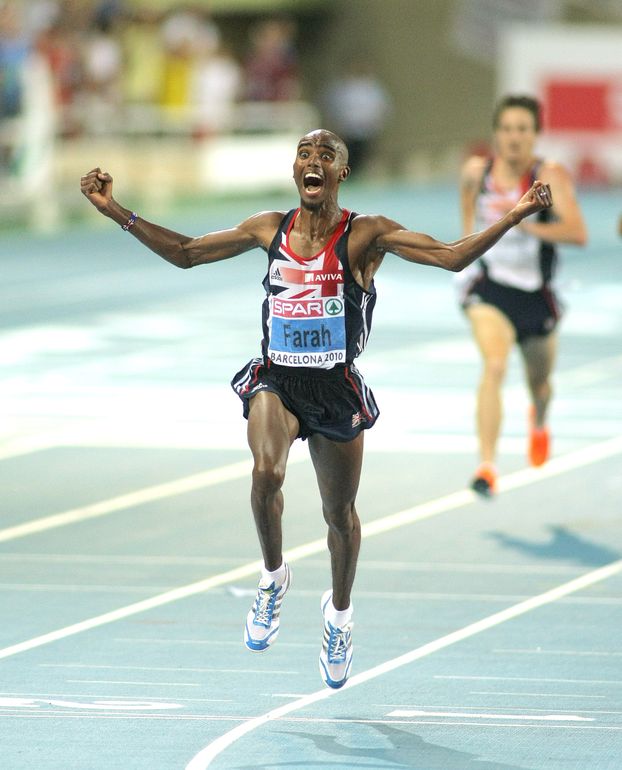This test is run by .
Note that your final mark will not be saved in the system.
Note that your final mark will not be saved in the system.
3.2.3.1.7 Achievement motivation theory, 3.2.3.1.10 Importance of goal setting GapFill
Target Level
C
Running Total
0
0%
Attempt
1 of 3
You must fill all the gaps before clicking ‘Check Answers!’

Achievement motivation is the an individual displays with a task in order to succeed.
model of achievement motivation
This model, developed in 1964, is based on the willingness of an individual to strive for success. It is divided into personality components and situational components.
Personality components:
- Need to (Nach) – concerned with performing successfully and, therefore, display high levels of achievement motivation. These performers usually possess behaviour as they are motivated to engage with difficult tasks in a positive manner.
- Need to (Naf) – preoccupied with thinking that they may perform poorly and, therefore, display low levels of achievement motivation.
Situational components:
- value – the intrinsic worth that the performer attributes to completing the task successfully. For example, successful completion of a complex task will have more intrinsic worth than completion of a simple task.
- Probability of – how likely a performer is to succeed in their performance. This is inversely related to the above, as the greater the complexity of a task, the lower the likelihood that it will be successfully completed.
Achievement goal theory
This theory suggests that the type of achievement goal influences an individual’s motivation. It is broken down into two types of goal:
- -oriented goals – the comparison of performance with others to achieve an end goal. Those who are focused this way tend not to persist with tasks which they find difficult and perceive their ability to be high when they beat others but low in defeat.
- -oriented goals – the comparison of performance with an individual’s own previous performances. Those focused through this type of goal tend to be void of fear of failure and judge their ability in relation to their own personal performance standards.